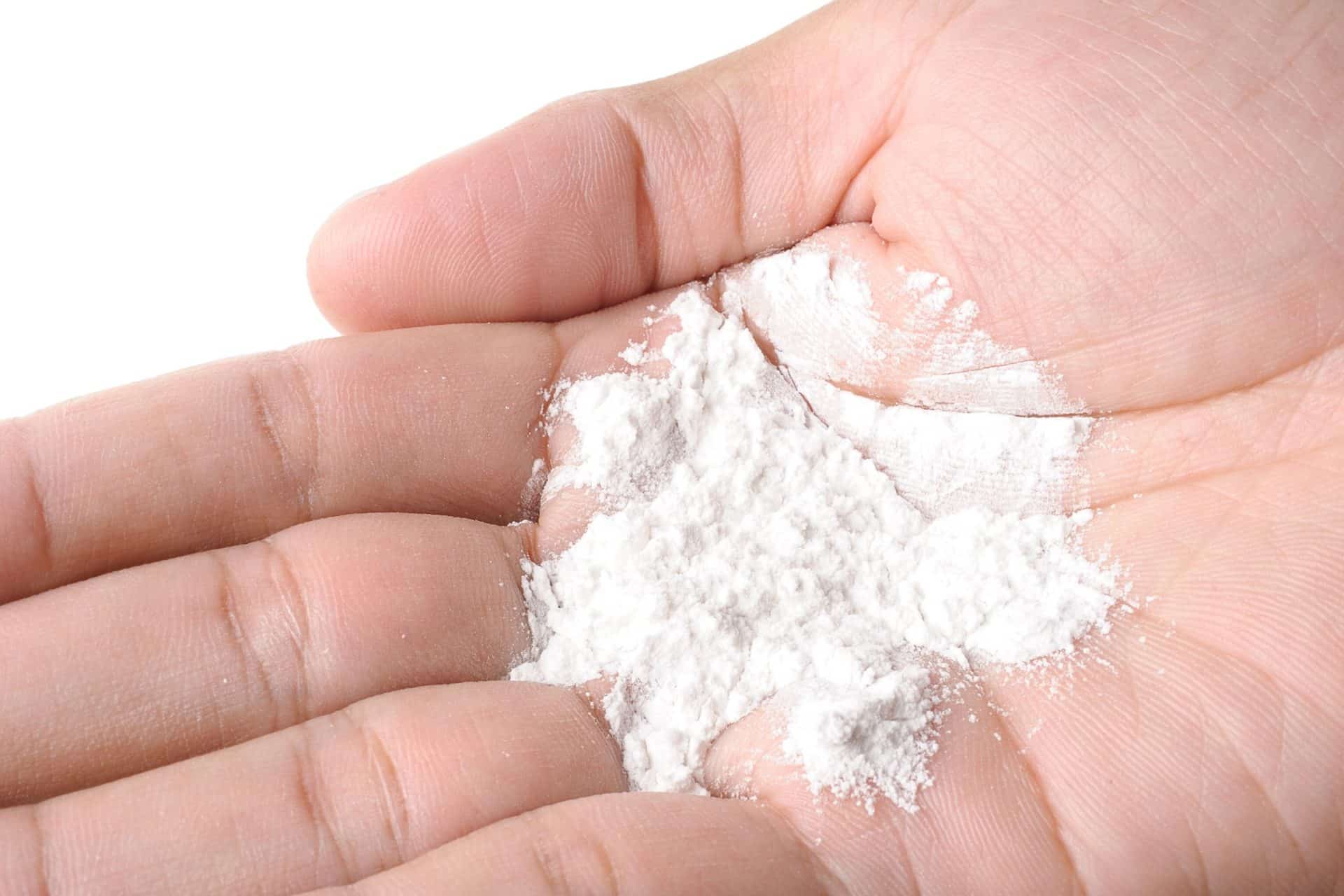
Talcum baby powder has been used by Americans for generations to soothe skin rashes in babies and toddlers, and in adults to keep areas prone to chafing dry. Johnson & Johnson is one brand we all recognize.
What consumers never could have anticipated was that baby powder has now been linked to cancer. In particular, regular application of baby powder to the genital area has been linked to ovarian cancer in women.
In fact, Johnson & Johnson was ordered to pay out $4.69 billion to 22 women with ovarian cancer in 2018, and additional judgments against the corporation are currently pending.
Court documents revealed that for decades, the consumer goods giant knew its baby powder was contaminated with asbestos, which may be the specific link to the increased cancer risk.
How could this happen?
Because of the way the company categorized its talcum powder products, it was able to circumvent hazardous substance testing.
If you’ve used or are using baby powder, stop immediately, and educate yourself on the health risks associated with its use.
If you develop cancer or another health condition that’s been linked to baby powder, it may be appropriate to consult an experienced New York product liability attorney on whether you should seek damages.
Today’s post covers the basics about its hazards, as well as information regarding New York product liability law.
Talcum Powder Is Linked to Cancer and Other Health Problems
Talc is a naturally occurring mineral used in many industrial and cosmetic applications. In its raw form, some talc contains asbestos, which is known to cause cancer in and around the lungs when inhaled.
Most concerns about talcum powder have focused on workers with long-term exposure to these particles at work, as their inhalation has correlated to lung cancer in these workers.
While the FDA regulates food and drugs, and works to keep hazardous substances out of household products, Johnson & Johnson’s baby powder is sold as a cosmetic. The FDA doesn’t require cosmetic manufacturers to test for contaminants.
Experts now believe that talcum powder (and the contaminants in it) cause cancer and other health problems in consumers that use baby powder including ovarian cancer and mesothelioma.
There are also direct links between its use and other lung conditions such as dried mucous membranes and respiratory distress.
New York Product Liability Law
The health conditions caused by talcum powder are devastating. They are often fatal. Every proven case has provided evidence of enormous financial damage. Not everyone can afford those costs – nor should they have to.
Seeking help recovering those costs including high medical bills, lost wages and other damages through a product liability lawsuit is an option, and it is your right. There are, however, a few key pieces of information you need prior to going in for the fight.
Statute of Limitations
In New York, you must file suit within three years of knowing that the injury was caused by a defective product. Talcum powder-linked health conditions often take decades to develop, and you may not realize right away that your illness was caused by this product.
Making a Defective Product Case
Fortunately, prior cases have established the link between talcum powder and cancer. In addition, you must prove that you suffered an injury caused by talcum powder. too. Finally, you will need to present evidence of damages that can be compensated financially.

Ultimately, this process is not one you want to face alone. Taking action the right way will require the help of a seasoned product liability lawyer and expert witnesses. Your attorney will help you understand your rights and get the compensation you deserve.









